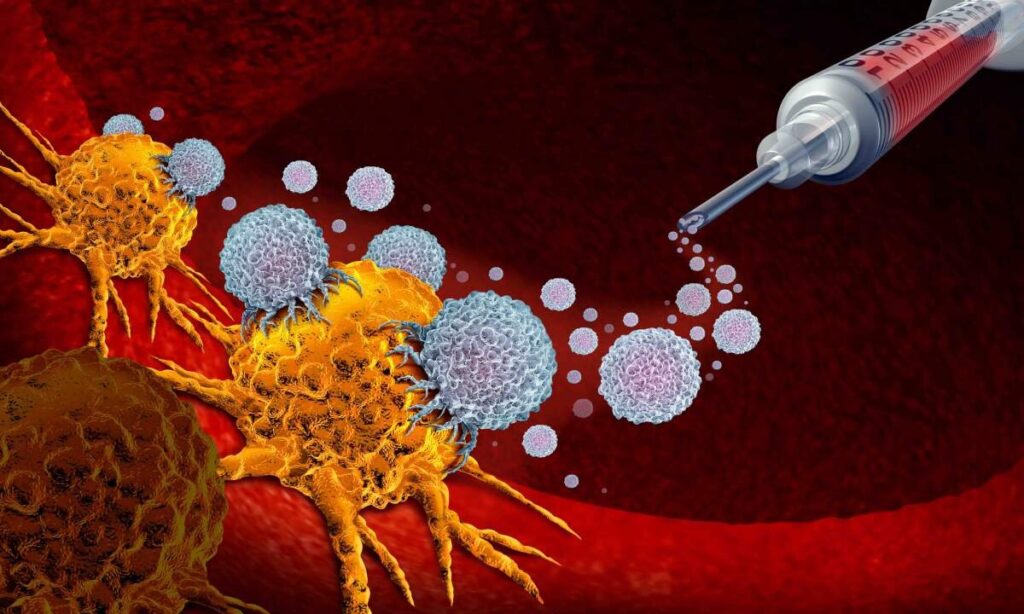
Currently, immunotherapy is changing the way doctors are treating cancer. However, it doesn’t work for every cancer type or every cancer patient. So, what is it that makes it work and not work for some patients? It is mostly the cancer type and various other factors that medical researchers are still studying.
How does immunotherapy help?
The expert oncologists and medical researchers say that immunotherapy is a radically different treatment method for a cancer patient. The conventional treatment modalities aimed at the cancer cells or the tumors and either stoped it from growing or killed it altogether. Immunotherapy drugs work differently. It helps to unblock the immune system to detect, target, and destroy cancerous cells or tumors. However, in specific cases, there can be a remission of cancer cases after immunotherapy. Simultaneously, it can completely cure cancer that the doctors thought would be incurable. To read about the progress related to different kinds of cancer treatments and tumor immunology, you can check out https://organoidresearch.com/.
Which patients can benefit from immunotherapy?
Medical researchers are trying to work out ways so that immunotherapy works for all kinds of cancer. However, currently, it only works for specific cancer types such as:
- Bladder cancer
- Lung cancer
- Kidney cancer
- Neck cancer
- Head cancer
- Lymphoma
- Specific skin cancers
Doctors have not yet mastered at deciphering, which cancer type and the patient would benefit from immunotherapy. But they are continually trying to do that using various research models and other medical tools.
How are doctors going about it?
Today, most oncologists and their team of doctors and surgeons test the patients who have non-small-cell long cancer, resulting from a specific protein termed as PD-L1. Such cancer cells or tumors have a high PD-L1, which has a positive response to immunotherapy. According to many studies, immunotherapy had significantly enhanced survival rates. It made the cancerous tumor shrink enormously and made it stay under control as well. These patients lived longer than what they would have under chemotherapy. And for a few patients, the advantages are more.
Today, close to 15% to 20% of patients who suffer from lung cancer resort to immunotherapy and survive for five years or more. And for a smaller number, the treatment can cure patients completely. Through genetic testing, medical doctors can decide who will respond correctly.
Medical researchers and oncologists share that when it comes to immunotherapy, they also look at the tumor mutation burden. It gets done through sequencing the tumor DNA. It helps the doctors determine whether a cancerous tumor has an increased degree of mutated genetic material. In that case, it will respond to the therapy, and the immune system will work well to destroy the cancerous tumor.
Can immunotherapy work for you?
For a few cancer types, such as lung cancer and melanoma, high on PD-L1, the immunotherapy is the standard treatment. The patient will receive this as the first line of treatment. And for other cancer types, oncologists might recommend it after the chemotherapy. You need to talk to the doctor and decide what is best for a patient. At times, patients can also be part of a clinical trial to determine whether immunotherapy will work for them.
